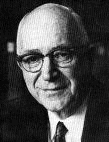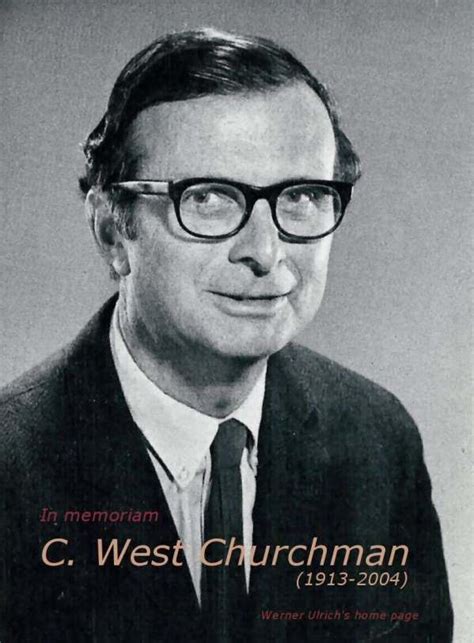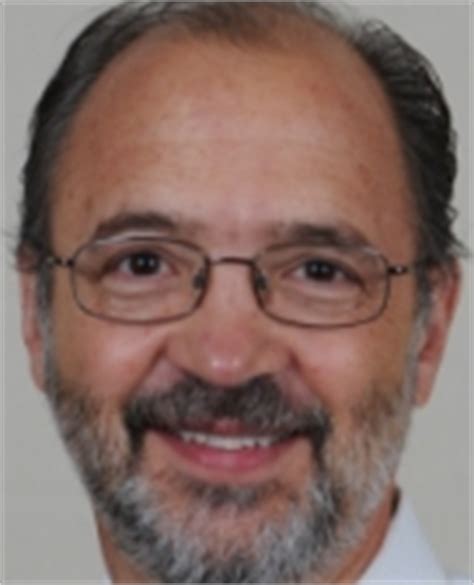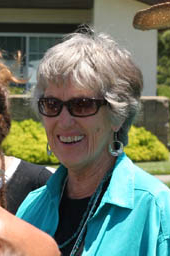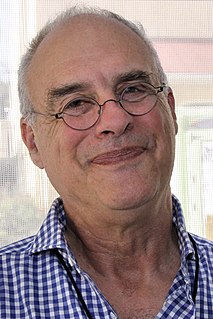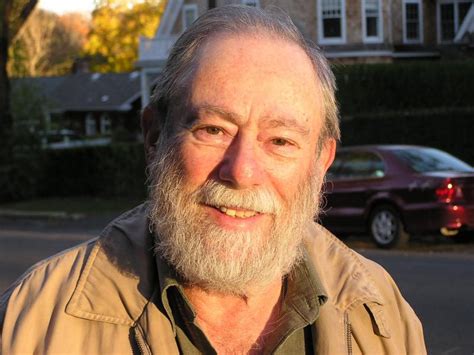A Quote by Gordon Allport
The scientist, by the very nature of his commitment, creates more and more questions, never fewer. Indeed the measure of our intellectual maturity, one philosopher suggests, is our capacity to feel less and less satisfied with our answers to better problems.
Related Quotes
What does labor want? We want more schoolhouses and less jails; more books and less arsenals; more learning and less vice; more leisure and less greed; more justice and less revenge; in fact, more of the opportunities to cultivate our better natures, to make manhood more noble, womanhood more beautiful, and childhood more happy and bright.
Wherever we are, any time of night or day, our bosses, junk-mailers, our parents can get to us. Sociologists have actually found that in recent years Americans are working fewer hours than 50 years ago, but we feel as if we're working more. We have more and more time-saving devices, but sometimes, it seems, less and less time.
The world can use more light and less noise. More solvers and fewer blamers. More folks showing a better way and fewer folks complaining about how much better things used to be. More folks offering help and fewer folks wringing their hands about the problems. More hope bringers and fewer hope killers.
The deeper purpose of a more positive attitude toward men is a better life for the children who are parented by the men who are their dads and stepdads; less shame for our sons who will become men; and, for our daughters, a deeper understanding of men's desire to please that leaves them feeling their willingness to please is not unrequited but returned - allowing our daughters to feel less lonely and more loved. If we earn more and love less, we pay for a home in which we do not live.
In recent years our knowledge of modern technology has increased considerably, and as a result we have witnessed remarkable material progress, but there has not been a corresponding increase in human happiness. There is no less suffering in the world today, and there are no fewer problems. Indeed, it might be said that there are now more problems and greater dangers than ever before.
The refusal to feel takes a heavy toll. Not only is there an impoverishment of our emotional and sensory life, flowers are dimmer and less fragrant, our loves less ecstaticâ but this psychic numbing also impedes our capacity to process and respond to information. The energy expended in pushing down despair is diverted from more creative uses, depleting the resilience and imagination needed for fresh visions and strategies.
Philosophical questions are not by their nature insoluble. They are, indeed, radically different from scientific questions, because they concern the implications and other interrelations of ideas, not the order of physical events; their answers are interpretations instead of factual reports, and their function is to increase not our knowledge of nature, but our understanding of what we know.
A little more kindness, A little less speed, A little more giving, A little less greed, A little more smile, A little less frown, A little less kicking, A man while he's down, A little more "We", A little less "I", A little more laugh, A little less cry, A little more flowers, On the pathway of life, And fewer on graves, At the end of the strife.
Now we're in a very different economy. Throughout the late 1980s and 1990s American management started to do the right things. There was extraordinary investment in technology. The dominant questions now are less how to do it better, how to manage better, how to make the economy better, than how to have fuller and more meaningful lives. Because the irony is, now that we've come through this great transition, even though our organizations and our people are extraordinarily productive, many feel that the nonwork side of life is very thin.
